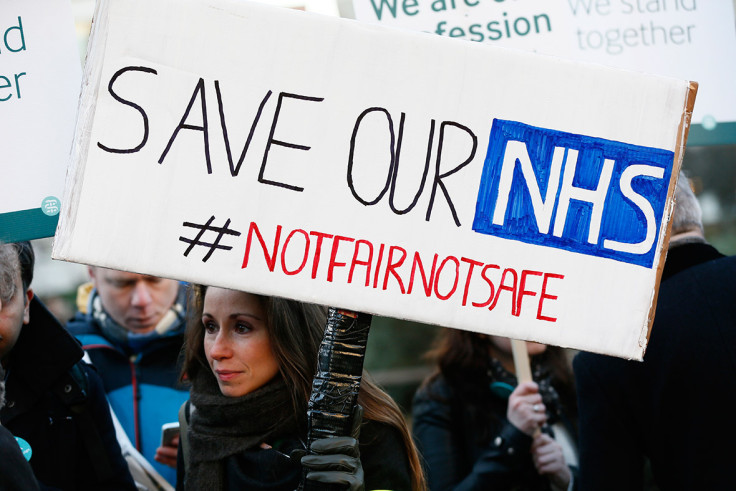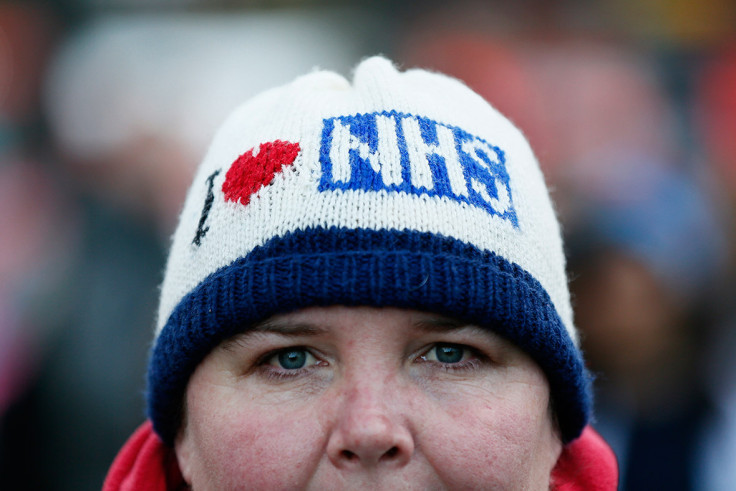Junior doctors' strike: 90% of medics would consider quitting if Jeremy Hunt imposes contract

Nearly 90% of medics in the UK said they would consider resigning from the NHS if the government pushed through with its planned junior doctor contract offer as thousands stage their second 24-hour walkout over the dispute. The strike went ahead after last-ditch talks broke down government and the British Medical Association (BMA).
According to an online poll of 1045 medics, seen by the Independent, 922 said were "prepared to consider resignation" should health secretary Jeremy Hunt follow through on his vow to impose the contract.
Labour's Shadow Health Secretary Heidi Alexander said the poll is proof that Hunt should not go through with the plans. She told the Independent: "Contract imposition risks months of disruption to services, further damage to staff morale and long-term loss of staff to other countries – none of which would be in the interests of patients. Whilst the current arrangements aren't perfect, the risk of imposing a new contract, which doesn't have the confidence of junior doctors, could have very serious consequences."
Nearly 3,000 non-emergency operations have forced to be cancelled as a result of the strike. Despite this, the British public are supporting the doctors, with 49% say junior doctors are right to take action and 31% say they are wrong, according to YouGov research.
Elsewhere, a survey of more than 800 people, conducted by Ipsos Mori and the Health Service Journal, found that 66% supported the action and 64% said the it was the government's fault the dispute has gone on for this long, compared to only 13% who blamed the junior doctors.

Junior doctors – all medics below consultant level – will now only provide emergency care from 08:00am (GMT) on Wednesday 10 Febraury for 24 hours.
Junior doctors can be requested to return to work if there is "exception and sustained deterioration in performance such as to endanger patient safety and cannot be managed through the deployment of the hospital's senior hospital doctors and the junior doctors providing emergency care", according to a letter from the Junior Doctors Committee.
During the last strike, some staff at Sandwell Hospital returned to work after it declared a level-four major incident as a result of the shortage of staff.
Dr Anne Rainsberry, national incident director for NHS England, said the NHS is doing "everything possible to minimise the impact of this regrettable strike" and that 92% of operations will go ahead as planned. She added: "We will monitor the situation across the country to ensure plans are in place, and people are ready to respond to any significant increases in pressure in any region over the period of this strike."
This is the second time junior doctors have taken part in a mass walkout over the contract dispute with the government around issues such as weekend pay and extended working hours following a previous one on 12 January.
A Department of Health spokesperson said: "Medicine is an attractive career and we've already agreed improved safeguards and better training and education for junior doctors with the BMA – but the BMA continues to refuse to talk through the outstanding issue of unsocial hours pay, despite their agreement to do so in ACAS talks in November."
© Copyright IBTimes 2024. All rights reserved.






